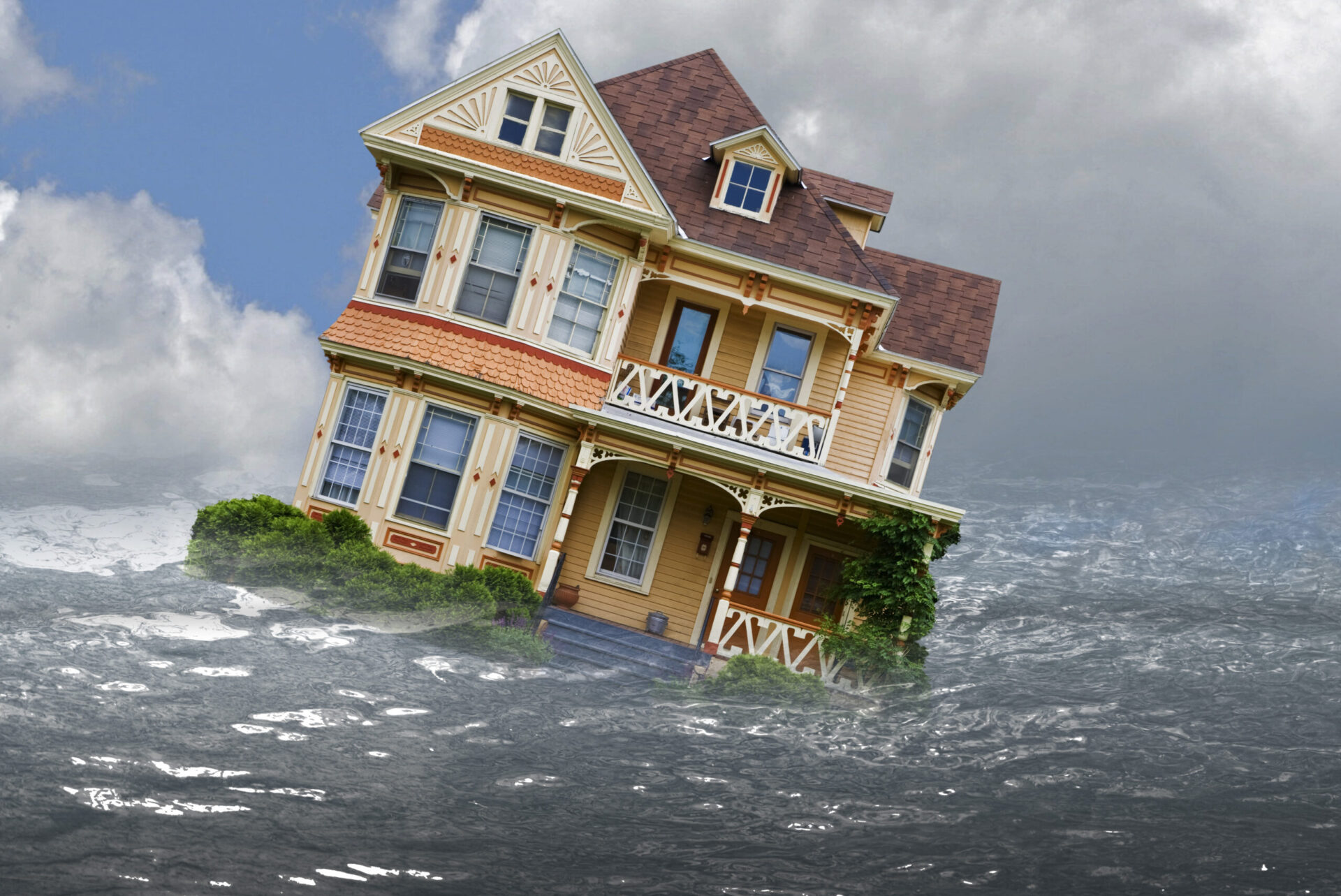More than half of respondents to a Realtor.com survey said they considered natural disasters when deciding where to live. Millennials and Gen Z were particularly wary of potential disasters when choosing a home.
Disaster fears have grown over the last five years, with 47% of homeowners becoming more concerned over time. Of current homeowners, 62% expressed fears about the threat of natural disasters to their homes. The most concerned demographics were recent buyers, Millennials, Gen X, and urban homeowners. These groups also reported the most growth in their fears over the last five years.
Baby Boomers, the Silent Generation, and rural homeowners weren’t as worried overall; half said they weren’t concerned at all.
More than half of Millennial and Gen Z respondents have considered either selling their home, moving, or both due to their fears about natural disasters, as well as 69% of recent home buyers.
The mortgage industry is bracing for its own climate-related disaster. A report from MBA’s Research Institute For Housing America predicts housing shortages, loan holders defaulting, skyrocketing interest rates, and economic losses of epic proportions. The National Flood Insurance Program is already floundering, and premiums in flood-prone areas are set to rise sharply on October 1.
“Climate change will impact all governments, industries, and individuals,” the report reads. “Housing and housing finance will not be spared.”
But migration to areas highly likely to be affected by climate change rose between 2016 and 2020, a Redfin report found.
“People have been gravitating to places with severe climate risk because many of these areas are relatively affordable, have lower property taxes, more housing options or access to nature,” Redfin Economist Sebastian Sandoval-Olascoaga noted in the report.
“For a lot of people, these benefits seem to outweigh the dangers of climate change. But as natural disasters become more frequent, homeowners in these areas may end up losing property value or face considerable difficulty getting their properties insured against environmental disasters.”
And homeowners overwhelming feel ready to face natural disasters in their areas, even if they considered moving. A whopping 74% reported feeling prepared, including 77% of recent buyers. Gen Z ranked the lowest but still over half, at 62%.
While the sentiment is real, climate expert Bjorn Lomborg of the Copenhagen Consensus points out: “In fact, the frequency of hurricanes making landfall in the continental U.S. has declined slightly since 1900.” And thanks to growing prosperity and improved infrastructure, Lomborg reports that the impact of hurricanes is declining as well.
“Today, hurricanes around the world cause damage worth 0.04% of global gross domestic product. And even accounting for the recent estimate by the U.N. Intergovernmental Panel on Climate Change that the proportion of strong hurricanes will increase, the destruction dealt by these storms is still projected by a study in Nature to drop to 0.02% of global GDP in 2100 as the world economy gets richer, making infrastructure more resilient,” Lomborg wrote in the Wall Street Journal.
Here are some more highlights from the Realtor.com survey:
- Homeowners are most concerned about floods, hurricanes, tornadoes and severe winter storms.
- Urban dwellers are primarily concerned about floods, while suburban and rural homeowners are most concerned about tornadoes and severe winter storms.
- In the last 5 years, less than 10% of respondents have become less worried about the threat of natural disasters to homeownership.
- 34% of homeowners have considered either proactively selling their home, moving or both due to concerns about natural disasters.
- More than half of homeowners (68%) are prepared for a natural disaster specific to their area.
- Homeowners consider bottled water, a generator, emergency food, and flashlights/batteries to be the most important household items to prepare ahead of the natural disaster season.
